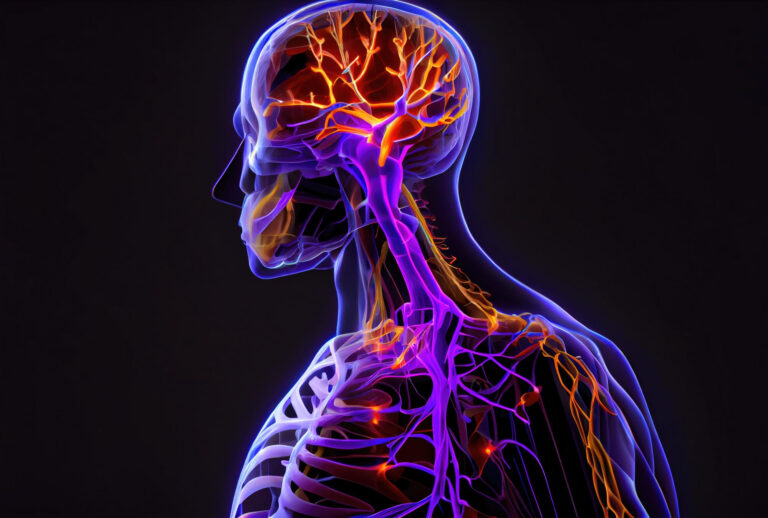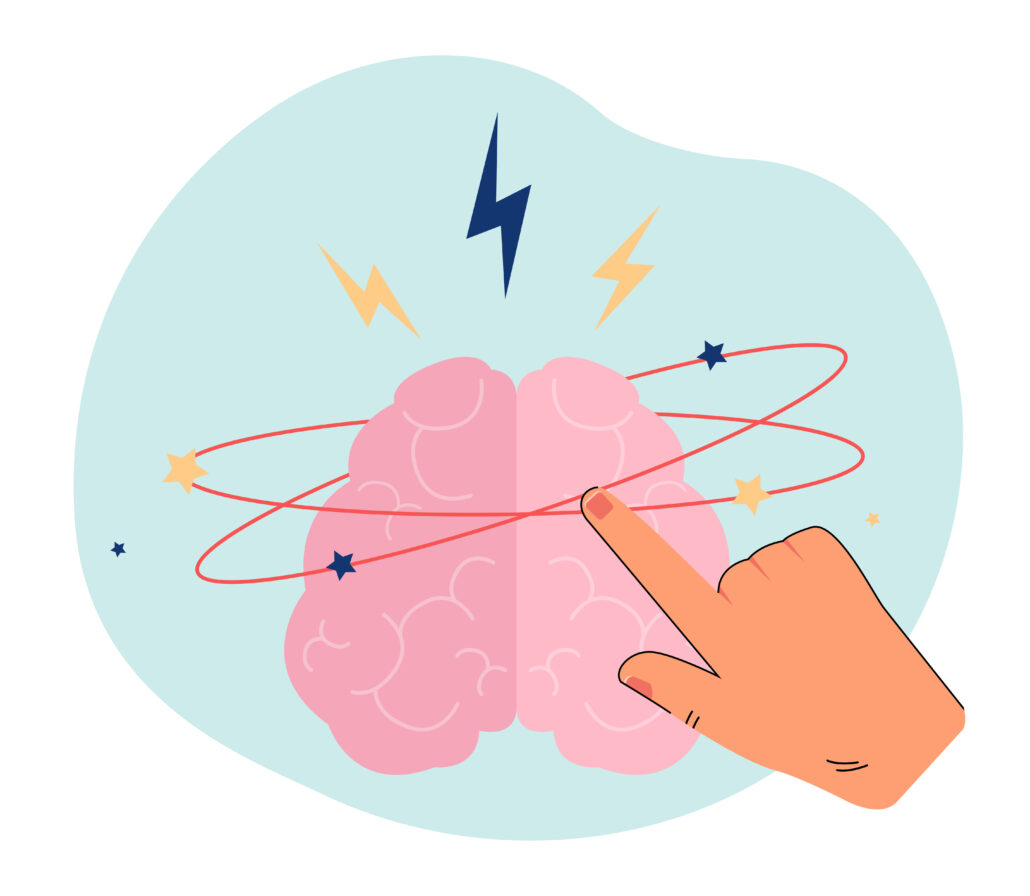Brain Stimulation
Research Study for Opioid Users
If you have been diagnosed with opioid use disorder or struggle with using opioids, consider joining our clinical trial examining brain changes before and after TMS (non-invasive brain stimulation).

Fast Facts
history of Opioid use disorder
18-60 years old
up to $400 Compensation Provided
Conducted in houston, TX
Study Background
This study is recruiting individuals to examine how the brain behaves when it receives new information and groups of brain regions that are functionally connected with one another.
This study will apply 5 sessions of repetitive TMS (non-invasive brain stimulation) to patients with opioid use disorder, and examine its efficacy in the treatment of opioid use disorder.
Further opioid use treatment research today and join our compensated study!

Study Background
This study is recruiting individuals to examine how the brain behaves when it receives new information and groups of brain regions that are functionally connected with one another.
This study will apply 5 sessions of repetitive TMS (non-invasive brain stimulation) to patients with opioid use disorder, and examine its efficacy in the treatment of opioid use disorder.
Further opioid use treatment research today and join our compensated study!
Additional Information
TMS is an extremely safe and effective medical treatment for certain psychiatric disorders. TMS is a procedure that uses targeted magnetic pulses to stimulate areas of the brain. The patient is awake, and the procedure takes place in a doctor’s office. TMS may work when other treatments are unsuccessful.
https://www.menningerclinic.org/assets/patient-information-booklettms.pdf
You may qualify for this study if you meet the following criteria.
Inclusion Criteria:
-
Adults 18-60 years old
-
History of using opioids (e.g., oxycodone, hydrocodone, morphine, codeine, fentanyl, heroin) for non-medical or medical reasons in the past
-
Currently stabilized with medication treatments (e.g., methadone or buprenorphine) OR abstinent from opioids and open to taking naltrexone
-
Willing and able to undergo MRI and TMS (brain stimulation study treatment)
-
No history of seizures and not currently on seizure medication
-
Not pregnant or nursing
-
Read and speak English
- Able to commit to participating in this study during normal business hours (9-5PM) Monday through Friday for 8 days (this will require blocking off 1-2 hours of your time per session)
Once you are enrolled, the study involves:
- 8 days of study visits
- day 1: screening
- day 2: first fMRI scan (pre rTMS)
- day 3-7: rTMS sessions
- day 8: second fMRI scan (post rTMS))





